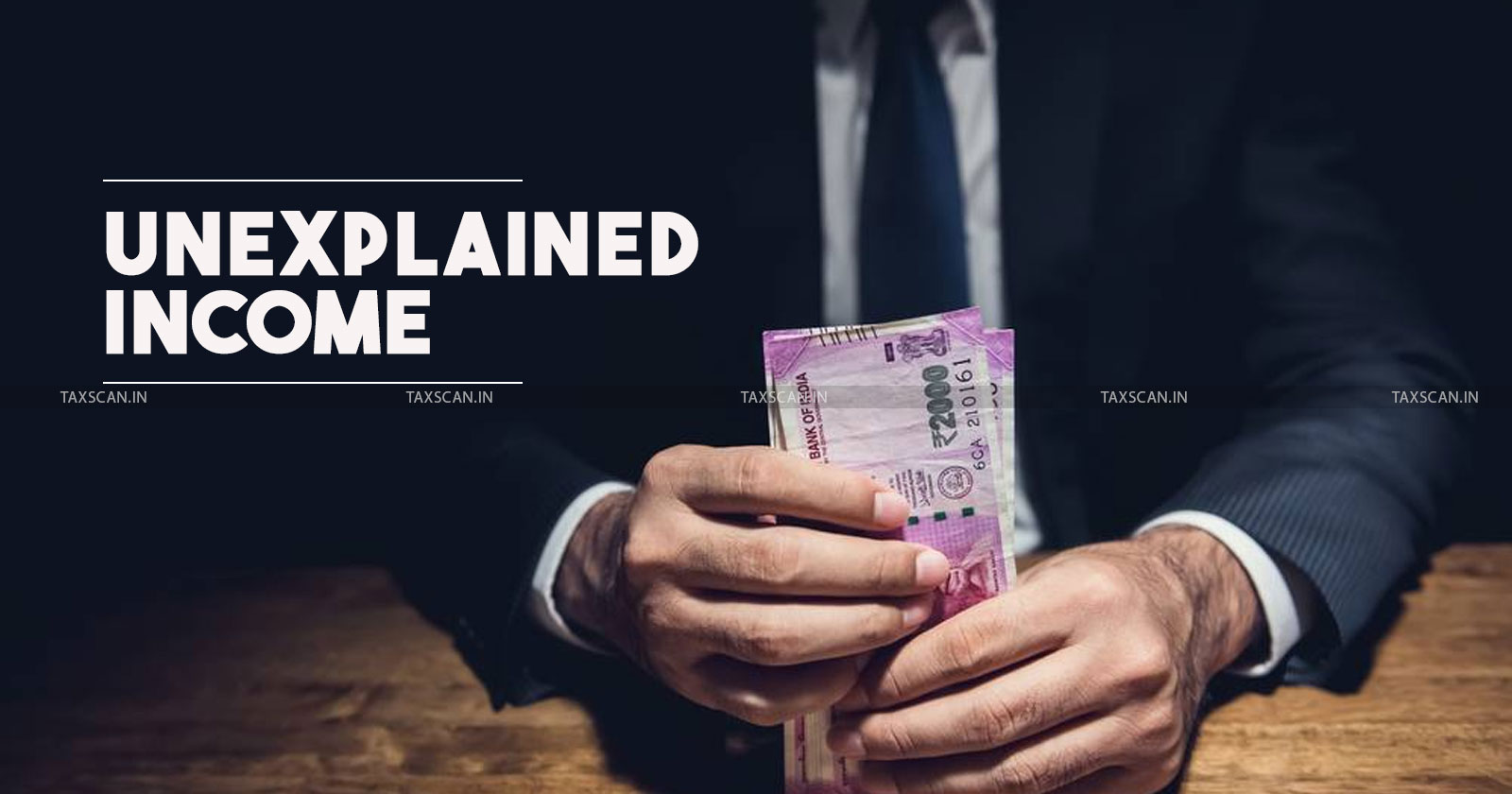PCIT Challenges ₹67.50 Crores as Unexplained Income: Delhi HC validates it as Land Sale Advance Citing Banking Transfers and Agreements [Read Order]
Considering banking transfers and agreements, Delhi HC validates Rs. 67.50 crores as a genuine land sale advance

Delhi High Court – section 68 of Income Tax Act – Income Tax Act – Delhi HC validates income as land sale advance – taxscan
Delhi High Court – section 68 of Income Tax Act – Income Tax Act – Delhi HC validates income as land sale advance – taxscan
In a recent ruling, the Delhi High Court upheld the validity of a Rs. 67.50 crore transaction as a legitimate land sale advance citing evidence of banking transfers and an executed Agreement to Sell and dismissed the Principal Commissioner of Income Tax's ( PCIT ) claim that the amount should be treated as unexplained income under Section 68 of the Income Tax Act.
Nucleus Steel Pvt. Ltd., the petitioner filed income tax returns declaring Rs. 11,145 which was later picked for scrutiny under Section 143(2) of the Income Tax Act, 1961. The AO identified an outstanding creditor amount of Rs. 67.50 crores in the balance sheet from Unitech Ltd. and sought detailed explanations for the transaction.
Expert-Led PF & ESIC Course - Enroll Now & Get Certified
The petitioner claimed the amount was an advance against the sale of land in Maharashtra as per an Agreement to Sell dated 12.03.2010. The AO discovered irregularities in the Agreement to Sell, executed on a stamp paper issued post-dated (23.03.2012) deeming the transaction on a fake stamp paper.
So, the AO added Rs. 67.50 crores to the petitioner’s total income as unexplained credit under Section 68 and disallowed Rs. 33,38,350 under Section 14A of the Income Tax Act. On appeal, the Commissioner of Income Tax (Appeals) [CIT(A)] deleted the addition of Rs. 67.50 crores and reduced the Section 14A disallowance to Rs. 27,615.
The Revenue’s appeal to the ITAT was dismissed upholding the CIT(A)’s order. Aggrieved, the revenue approached the Delhi High Court arguing that the petitioner failed to discharge its initial onus to prove the genuineness of the transaction and the creditworthiness of Unitech Ltd.
The bench comprising Justice R. Suresh Kumar and Justice C. Saravanan undisputed facts which was Rs. 67.50 crores were received by the petitioner through banking channels in four tranches in March 2010 and an Agreement to Sell existed but was transcribed on a stamp paper issued in 2012 raising concerns about documentation.
Expert-Led PF & ESIC Course - Enroll Now & Get Certified
The court observed that both Nucleus Steel and Unitech confirmed the transaction was an advance for land purchase. The court found that CIT(A) and ITAT confirmed that Nucleus Steel showed the identity, creditworthiness, and genuineness of the transaction with Unitech.
The court criticized the Revenue for not providing any cogent material to disprove the petitioner’s explanation or establish that the credit was a camouflage for taxable income. Thus, the court dismissed the Revenue’s appeal confirming the ITAT’s decision to delete the addition of Rs. 67.50 crores from the petitioner’s income.
To Read the full text of the Order CLICK HERE
Support our journalism by subscribing to Taxscan premium. Follow us on Telegram for quick updates


